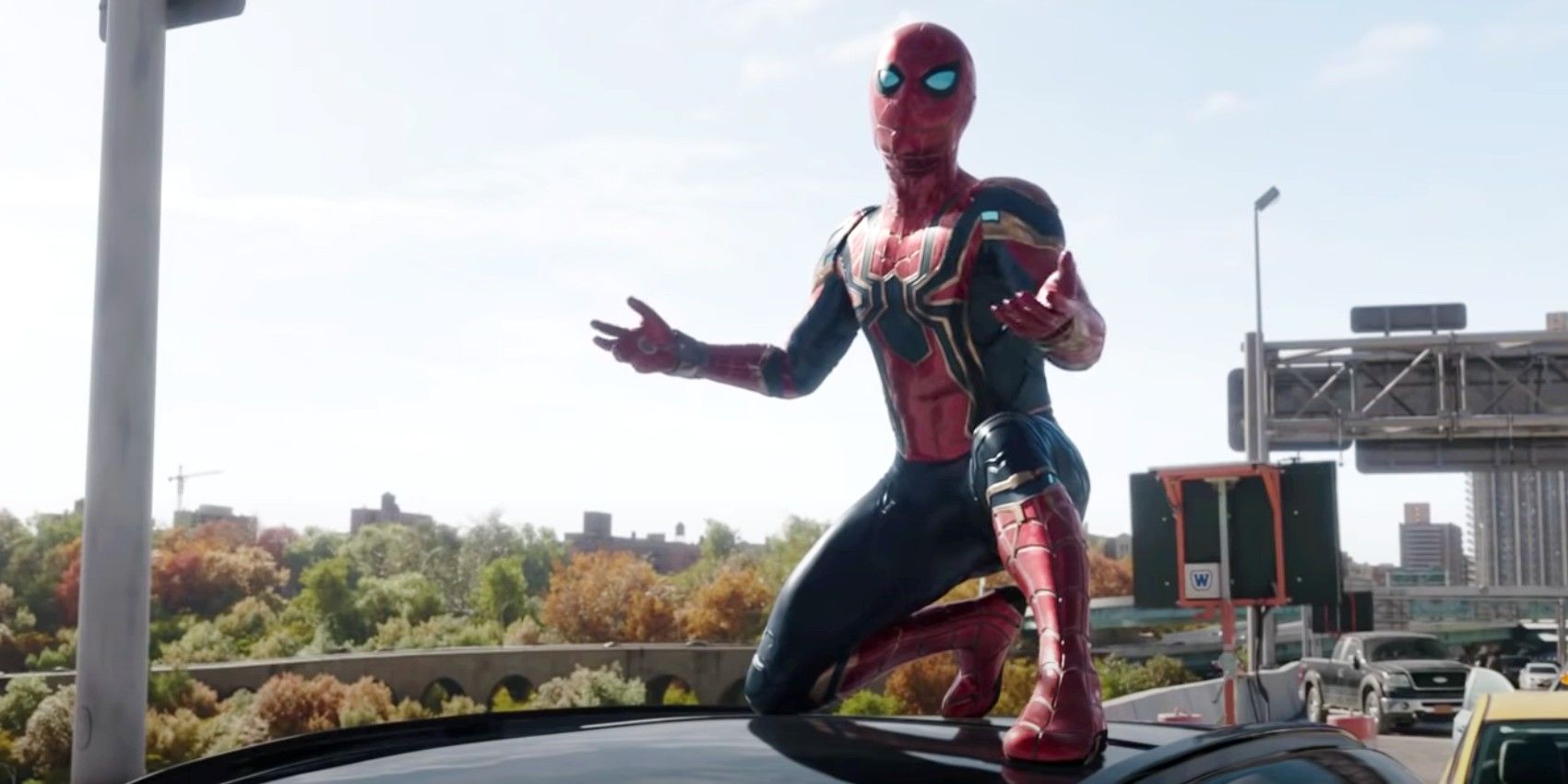Here's how Spider-Man: No Way Home was able to surpass box office expectations and set new records. Throughout 2021, movie theaters saw encouraging signs they were on a path to recovery amidst the ongoing COVID-19 pandemic. Titles like F9, Shang-Chi, No Time to Die, Venom: Let There Be Carnage, and others all parlayed their theatrical exclusive runs to respectable box office numbers, often setting a new high mark for the pandemic era. Still, the figures were a far cry from what exhibitors were used to in 2019, with many believing it would be some time before the box office reached those levels again.
Sony and Marvel's Spider-Man: No Way Home is an anomaly in this day and age. Due to the popularity of Spider-Man and the Marvel Cinematic Universe in general, it was always expected No Way Home would be a big draw over the holiday season. What was surprising was that it was poised to post grosses reminiscent of pre-pandemic hauls. Early No Way Home ticket sales were the biggest since Avengers: Endgame, and that translated to a massive opening weekend. Spider-Man: No Way Home earned $260 million domestically in its first three days, good enough for the second-highest debut of all-time.
The movie was able to accomplish this feat thanks to a few factors. More so than any other MCU release this year, No Way Home felt like a proper cinematic "event." In some respects, it's arguably the biggest tentpole release since Star Wars: The Rise of Skywalker in December 2019, with a multiverse storyline that incorporated villains from previous Spider-Man film series. The prospect of seeing characters like Alfred Molina's Doc Ock and Willem Dafoe's Green Goblin on the big screen again was exciting for viewers. Spider-Man: No Way Home wasn't just the culmination of the MCU's Homecoming trilogy, it was also the celebration of the entire live-action Spider-Man film franchise, honoring past generations. Curiosity to see how this narrative was pulled off and an interest in avoiding spoilers fueled demand to see it opening weekend.
Spider-Man: No Way Home also face essentially nonexistent competition at the marketplace in its opening weekend. It was the first major studio tentpole since Eternals in early November, and that title only grossed $163.5 million domestically for its total run. There was an appetite amongst audiences to see a big superhero movie, and the fact it starred arguably Marvel's most popular character meant there was increased interest. Other movies playing this month, like West Side Story and Nightmare Alley, struggled to gain traction. Especially with a recent spike in new COVID-19 cases, people remain cautious about going to the theater and are likely more selective about what they choose to see at the multiplex. Counter-programming options like awards contenders don't have much appeal for big screen viewing, but Spider-Man was obviously an exception.
As impressive as Spider-Man: No Way Home's box office is, it shouldn't be taken as an indication theaters are "back" all the way just yet. This movie was an extraordinary circumstance of hype and timing; even comparing it to other 2021 MCU films feels more like an apples-to-oranges situation since Black Widow and Shang-Chi weren't as anticipated on this level. No other movie during the pandemic has hit $100 million opening weekend, so No Way Home shouldn't be the new bar other tentpoles have to live up to. It will be interesting to see how theaters fare in 2022, but at least they get to celebrate the end of 2021 with by far the year's biggest hit.







